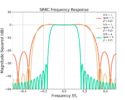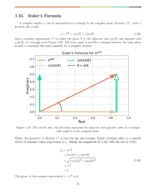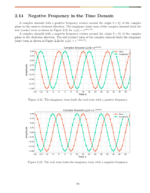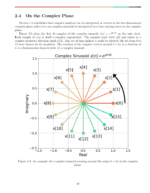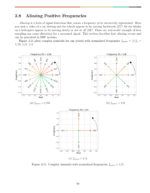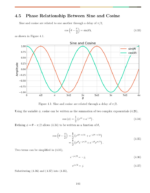Table of Contents
Introduction
Should you get a masters degree? It depends on what type of career you desire. The Masters of Science (MS), Masters of Engineering (MEng) and Masters of Business Administration (MBA) are all great options but with different intents and outcomes.
As more people receive college degrees, your value in the work place declines due to an ever increasing larger supply of engineers. A masters degree is a great way to distinguish yourself early on with additional experience and qualifications.
This blog is within the context of the American college educational system and these guidelines may not apply well to an international audience. I have done my best to describe the experiences that a broad swath will encounter. However, there other circumstances, degrees, options and outcomes that I have not considered so please use wisdom when making decisions about your future.
More blogs:
Technical Masters Degrees
There are typically two types of technical masters degrees for electrical engineers: Masters of Science (MS) and Masters of Engineering (MEng). Both are great options for those who want to stay technical throughout their career or just develop additional technical expertise.
The MSEE is a research-based masters degree and typically requires an investigation into a new topic, or theoretical development and analysis. The MSEE can be a stepping stone towards a PhD. The MSEE often (but not always) requires a more mathematical approach than an MEng degree. It may be recommended or required that an MSEE student submit a technical paper to a conference as terms of their graduation. However, graduation may not hinge on the papers acceptance by the conference; submission alone may suffice. Due to the publication requirement the MSEE has a higher bar for graduation than the MEng and therefore comes with more recognition and status when applying for jobs.
The MEng degree is typically project-based whereby you design and build something. A final report will be required to document your efforts, but the report is only seen and graded by your professor and potentially your graduation committee. An MEng is typically not required to publish or submit a paper as terms of their graduation.
An MEng is often referred to as a terminal degree, meaning there is an expectation you will not return as a PhD student. The door is still open to return as a PhD student, but you will not have built the research skills that you otherwise would have learned as an MSEE student which will make pursuing your PhD harder (but not impossible). If there is any likelihood that you want to pursue a PhD then I suggest completing your MSEE.
Non-Technical Masters Degree
A third non-technical option is a Masters of Business Administration (MBA) degree. An MBA is a great option for those who still want to work in engineering but want to move into a non-technical leadership role. MBA students learn about accounting, finance, leadership, and business structures. With an MBA you are well positioned to lead people and manage money in a program manager role.
When Should I get a Masters Degree?
The timing for when you pursue a masters degree is highly personal, but I will do my best to provide some insights to help inform a wise decision. This often depends more on personal life factors than it does academic.
The first question worth asking is: do you need to get a job to support a family? If you have spouse and children at home that you need to support financially, your hand may be forced to get your masters degree through night classes.
The second question is: who will pay for it? Many employers will pay 100% of the bill for their employees to get a masters degree during their off hours, with the downside that you’ll be spending all of your nights and weekends studying instead of relaxing. Some employers may also support a split work schedule where you work some days at your job and other days doing school work. Either way, employers will most likely require a contract for you to continue working at the company for a couple more years or will force you to pay back some of the expenses if you leave the company early.
Another option is to work for the university as a graduate research assistant, in which the university will waive your tuition fees. Therefore in in addition to your classes you will be an part-time employee of the university working on research contracts.
A third question is: how long do you want to be in school for? One option is doing a 4+1, meaning 4 years for a bachelors degree and then an additional year for a masters degree. Depending on the school, your 4+1 program may allow to graduate with either an MEng or MS. If you complete your undergraduate and then enter the work force and later return to the university it will most likely take you about 2 years (or more) to complete your master degree.
Conclusion
A masters degree is a great way to distinguish yourself in the marketplace. This blog highlights differences between the MS, MEng and MBA degrees and also considers options for when and how to enroll in a masters program.
More blogs:
